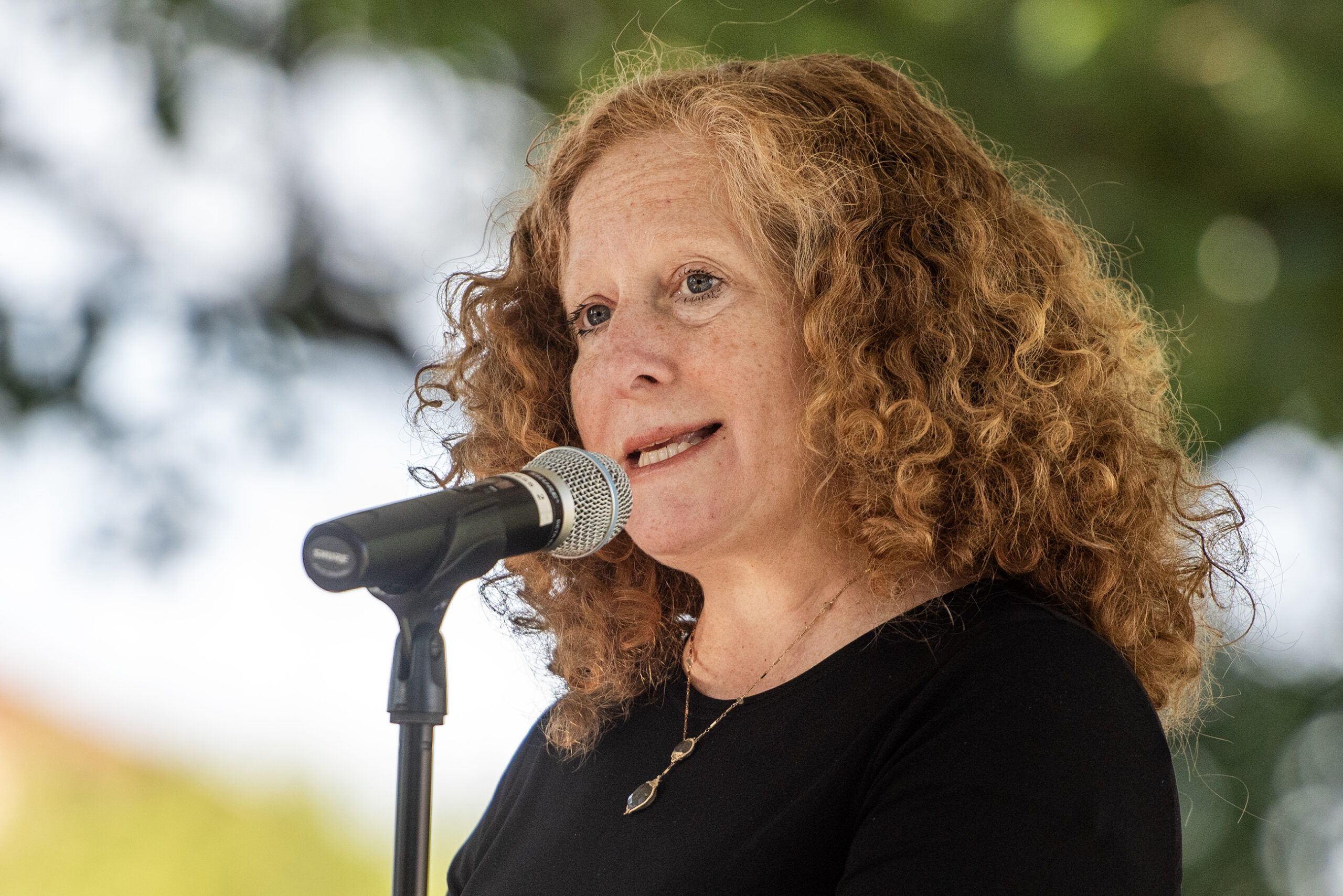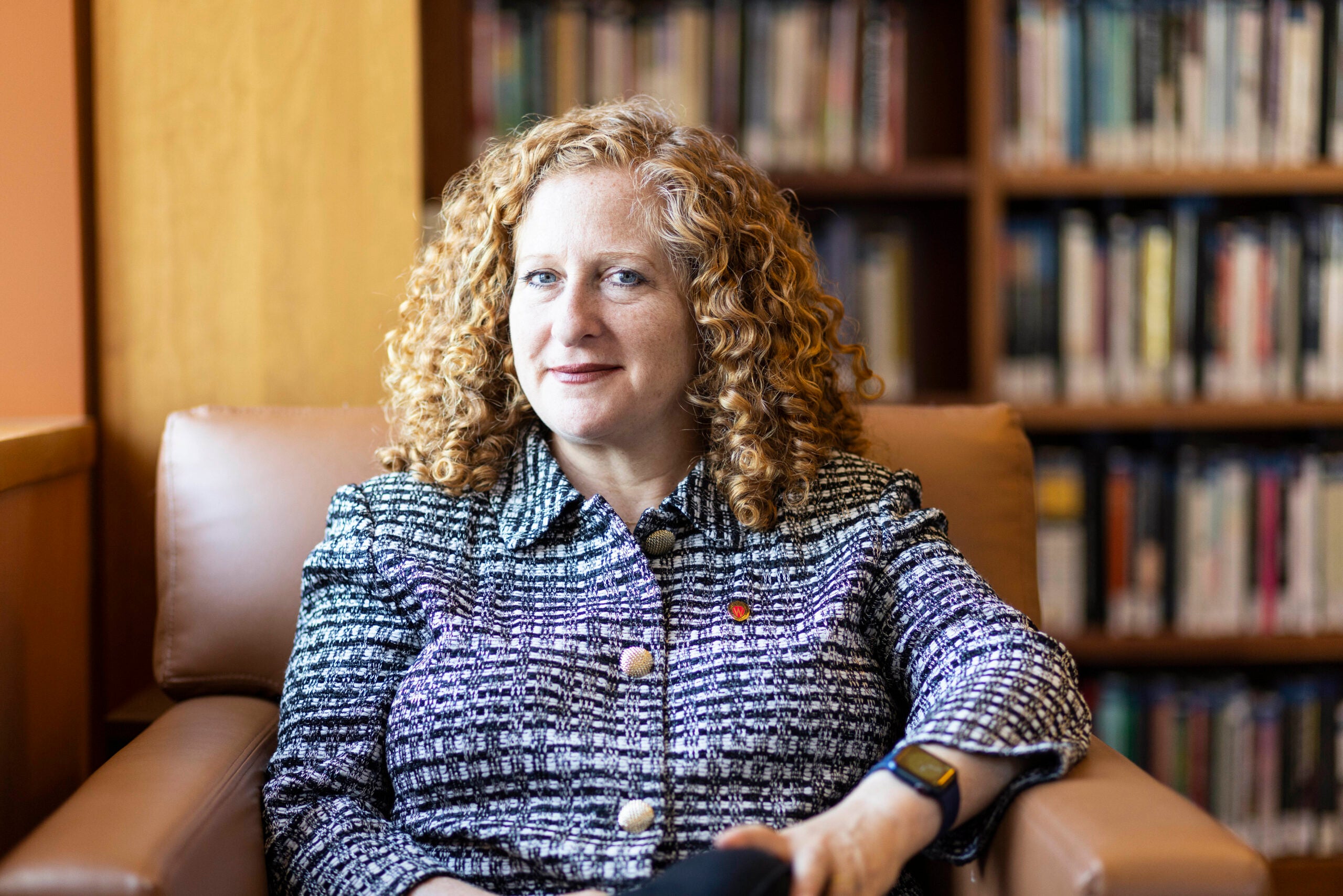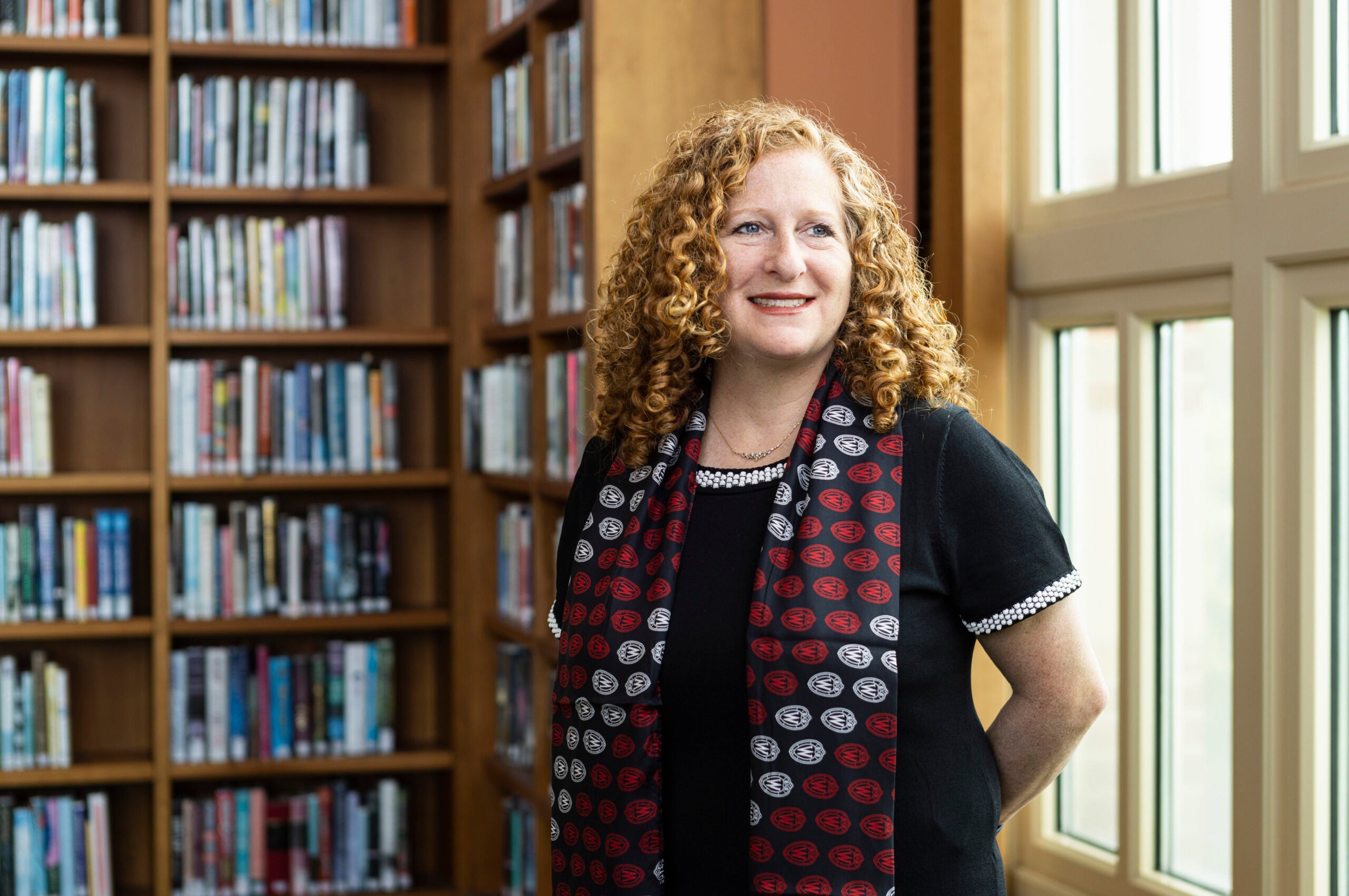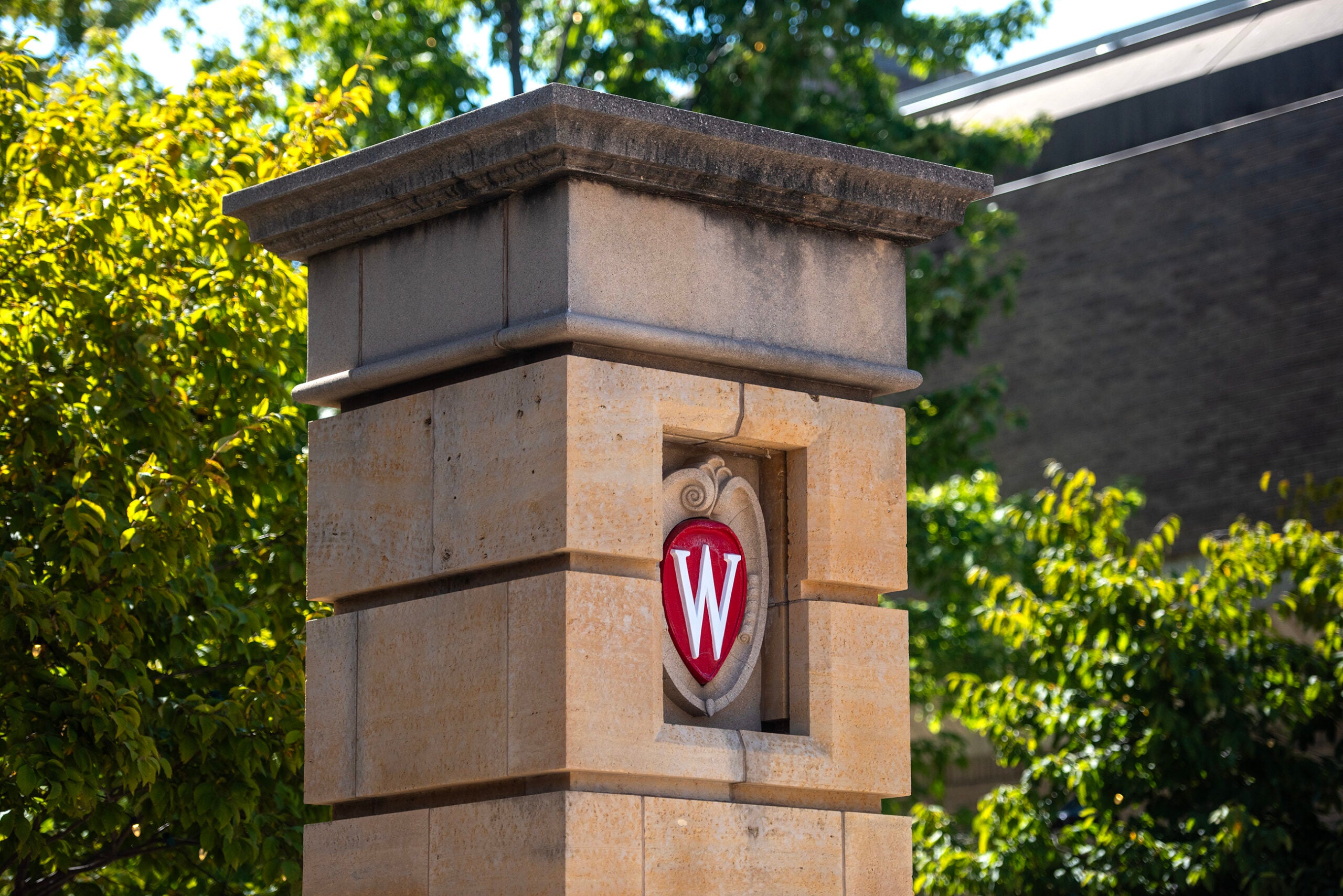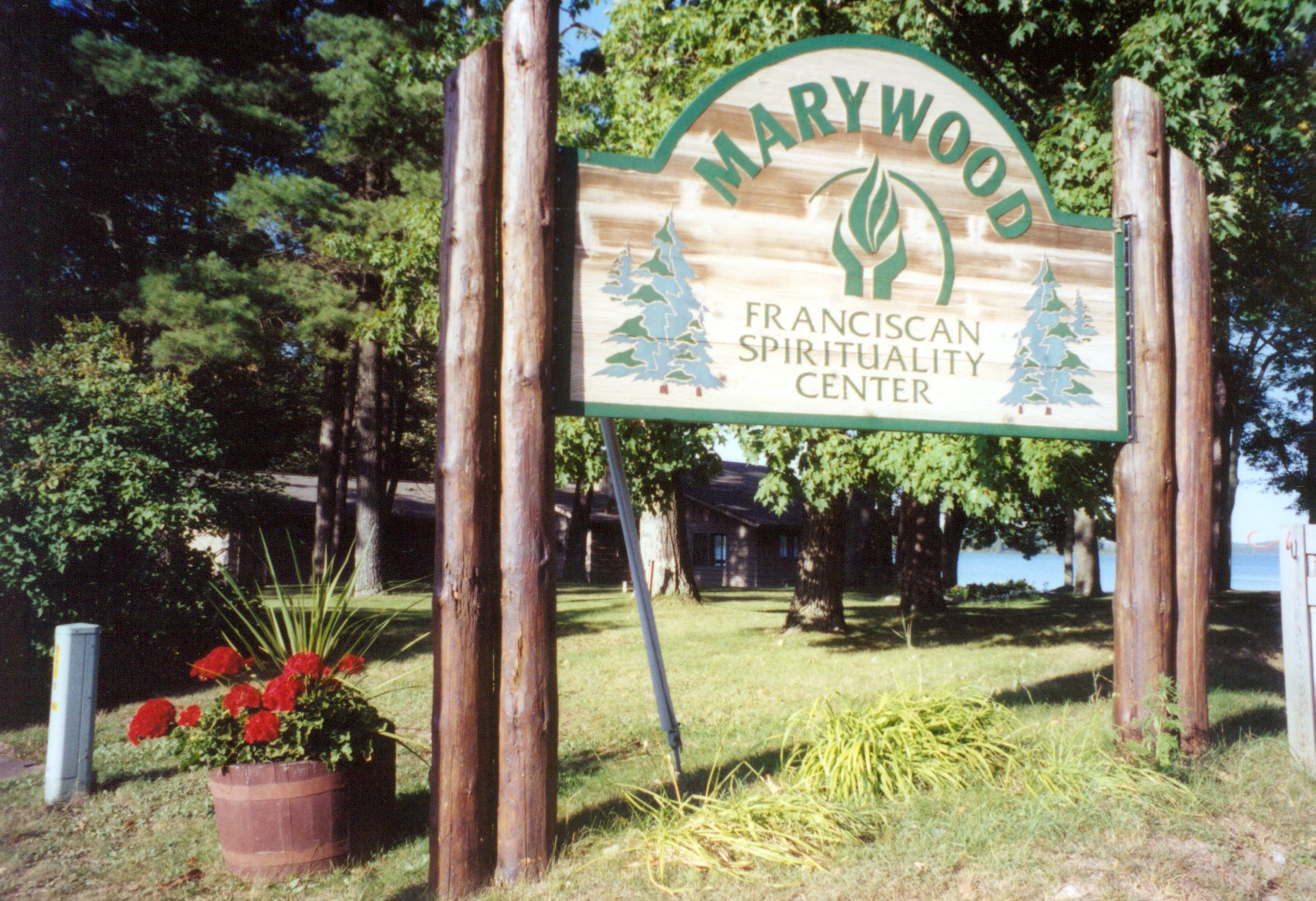Beginning in fall 2024, the University of Wisconsin-Madison will cover the full cost of an undergraduate degree for students who are members of one of the 11 federally recognized Indigenous tribes in Wisconsin.
The school is also launching a five-year pilot program to cover in-state tuition and fees for students pursuing a law or medical degree who are from tribes in the state, Chancellor Jennifer Mnookin announced Monday.
The announcement comes less than a week after the Universites of Wisconsin struck a deal with Republican Assembly Speaker Robin Vos that included new limits on campus diversity, equity and inclusion programs.
News with a little more humanity
WPR’s “Wisconsin Today” newsletter keeps you connected to the state you love without feeling overwhelmed. No paywall. No agenda. No corporate filter.
Mnookin said both initiatives, called the Wisconsin Tribal Educational Promise Program, were developed over the past year. And her commitment to diversity was not wavering.
“I have said and will continue to say that diversity is a core value for us as an institution here at UW Madison,” Mnookin said. “And this program is another example of the ways that that is and will continue to be true.”
The program is not based on financial need and financial support will be awarded regardless of family income. The program includes the cost of tuition and fees, housing, meals, books and other educational expenses.
To be eligible, a student must be a Wisconsin resident, verified as an enrolled member of a federally recognized American Indian tribe in Wisconsin, and enrolled at UW-Madison.
Mnookin said the number of students the program will serve is unclear, since the only way to track Native students at this time is through self-reporting.
Currently, there are about 650 students at UW-Madison who identify as American Indian or Alaska Native. Most of those students are undergraduates, Mnookin said.
The program will not be paid for using any state funds, she said. Funding comes from a blend of philanthropy and other resources.
The Wisconsin Tribal Education Promise Program was developed in consultation with the Great Lakes Inter-Tribal Council — a consortium of the 11 federally recognized tribes in Wisconsin.
The group unanimously voted to support the program in October.
Shannon Holsey, president of the Stockbridge-Munsee Band of Mohican Indians and chair of the Great Lakes Inter-Tribal Council, said that several states have programs with similar goals, but none go this far financially to help Native students afford higher education.
“This program sends a strong message that our students are important to the state’s flagship university,” Holsey said. “As a tribal leader, I see Native students struggle to surmount the odds against them in their own homelands at colleges and universities. And it’s often emotionally challenging. As an Indigenous person, I feel my own strength when I am home in the lands where my ancestors (lived). And no one can take that feeling away from me or them.”
Mnookin says the feedback from tribal leaders and Native students was invaluable in designing the program.
“One tribal leader shared how he slept in his car while attending college. Another said they couldn’t afford meals,” Mnookin said. “Native students have shared that they can’t even consider a study abroad experience or an unpaid internship because of the financial impacts.”
Carla Vigue, UW–Madison director of tribal relations, said she wants Native students to know that, once at UW-Madison, they have support and services that can help them thrive.
Wisconsin Public Radio, © Copyright 2026, Board of Regents of the University of Wisconsin System and Wisconsin Educational Communications Board.

